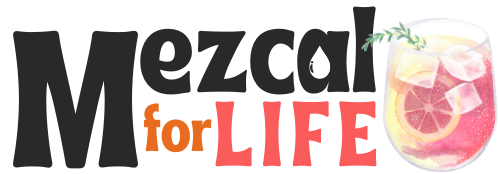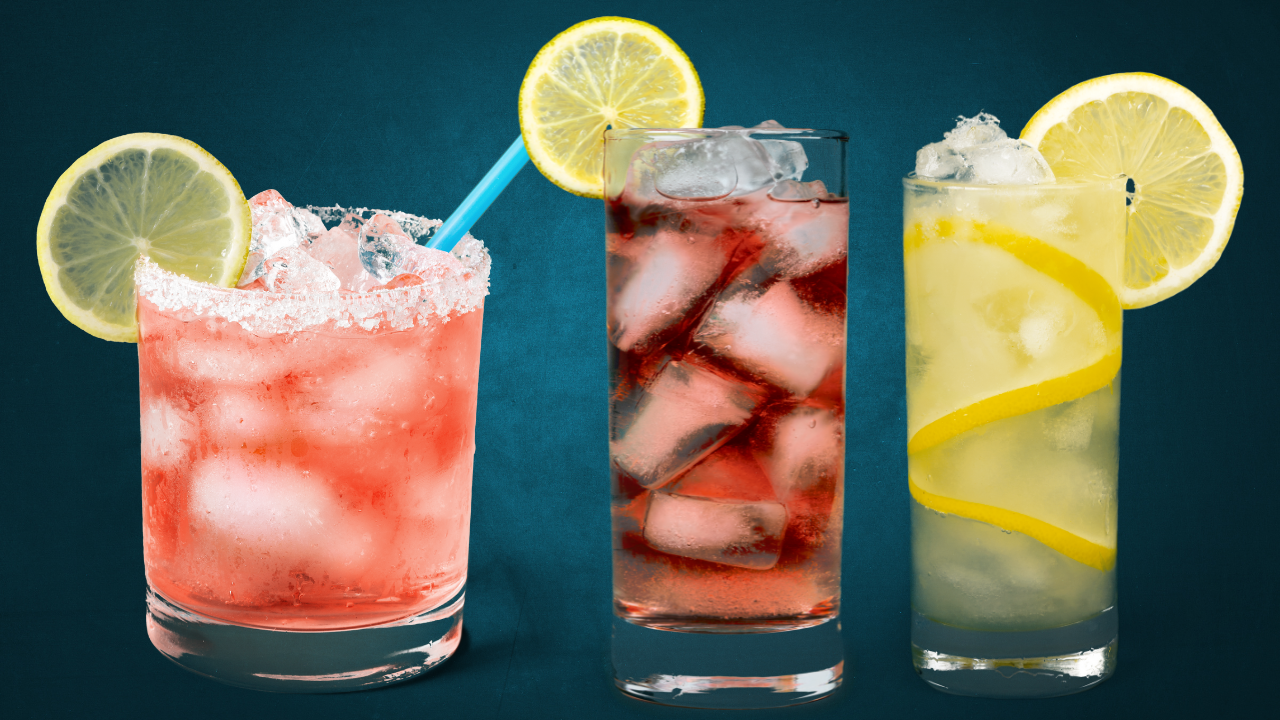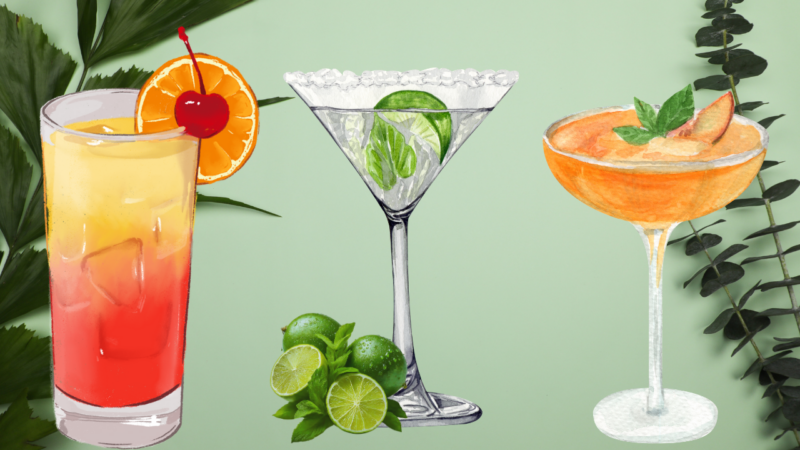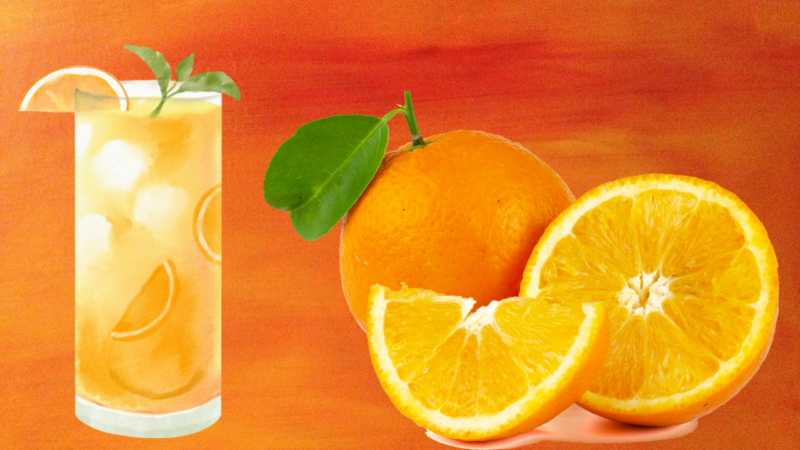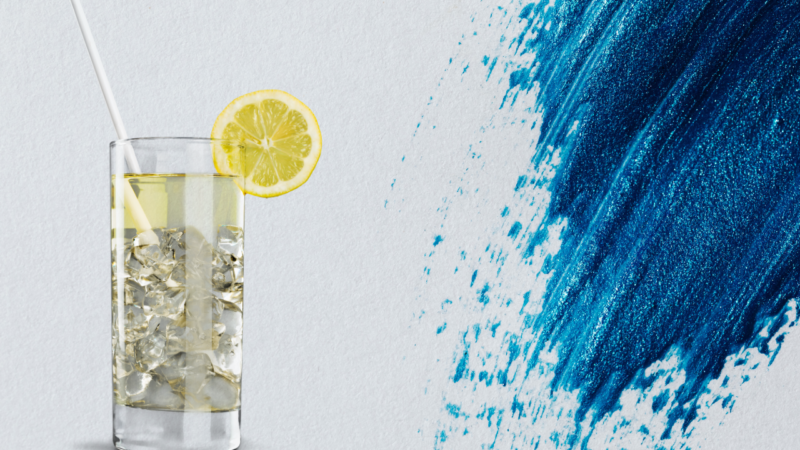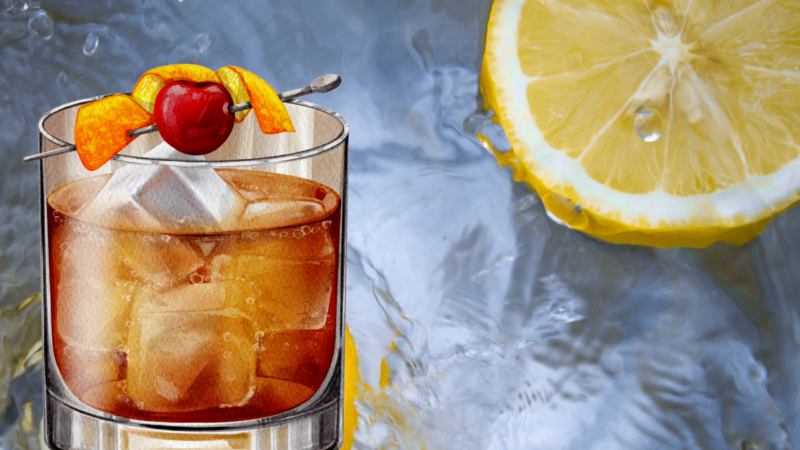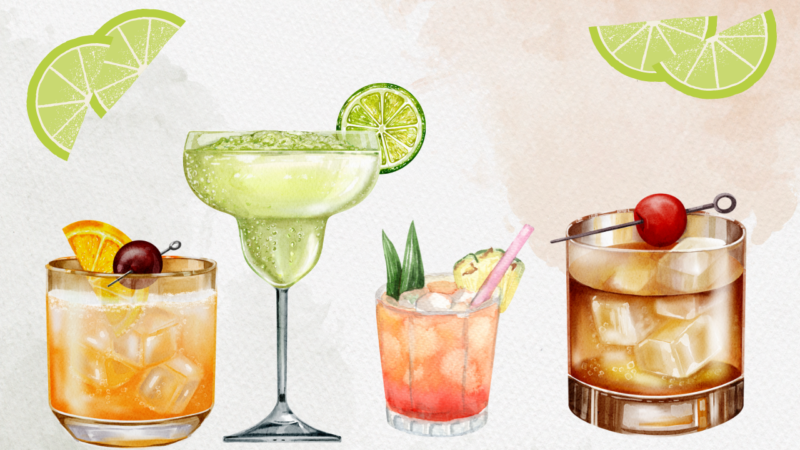The history of cocktails is a fascinating journey that begins in the early 1800s, when alcoholic beverages were largely viewed as medicinal remedies. During this period, the addition of botanical ingredients to spirits was commonly prescribed for various ailments, creating a basis for what would later evolve into the cocktail.
As taverns and inns became popular gathering spots in America, they provided a fertile ground for the experimentation with and creation of new drinks.
But why is it called a cocktail?
By the mid-19th century, New York emerged as a hub for cocktail innovation. Bartenders sought new ways to engage their patrons, eventually leading to the publication of the first cocktail recipe book in 1862. Cold beverages became increasingly popular with the advent of ice trading, enhancing the cocktail experience.
Drinks such as the Old Fashioned and other punch-style sips set the stage for what is now celebrated as the golden era of cocktails, showcasing creativity and refinement that have had a lasting impact on modern mixology.
Prohibition Era Beverage Innovation
During the 1920s, America faced a significant transformation in its drinking culture due to the banning of alcohol, known as Prohibition.
As public bars became illegal, those craving alcoholic beverages turned to elusive speakeasies.
Unlike official distilleries, these hidden establishments often offered spirits of rougher quality, necessitating creativity in cocktail-making to mask the harsh taste.
This period saw a shift from enhancing the liquor’s flavor to concealing it.
Innovation flourished with a new breed of cocktails showcasing robust flavors to soften the impact of subpar spirits.
Drinks known as Highballs, which stretched the spirits with mixers, gained immense popularity.
Furthermore, gin rose in prominence, as it was simpler to produce in makeshift home settings compared to whiskey.
Despite the challenges, traditional whiskey cocktails like the Old Fashioned and Sazerac managed to maintain their status.
Although the image of bourbon suffered due to dilution, Scotch whiskey emerged with greater prestige.
Who Brought Cocktails to Life?
The question of who first created cocktails is a complex one with no straightforward answer, and why is It called a cocktail? While various claims exist, Jerry Thomas, a renowned New York bartender, is often credited for popularizing cocktails. Known as ‘The Professor’, Thomas published ‘The Bartender’s Guide‘ in 1862, which significantly influenced the art of cocktail making.
What Was the Original One?
Historians may have some disagreements, but the Sazerac is widely considered one of the earliest cocktails. This classic drink, crafted in mid-1800s New Orleans, combines whisky, absinthe, bitters, and sugar. The Sazerac is among the first cocktails with a name still recognized today, retaining its presence in bars worldwide.
What Different Flavors Do Cocktails Have?
Cocktails draw from the palette of sweet, bitter, sour, and salty flavors, with an emphasis on balance.
Although salt is less common, the key to a memorable cocktail lies in the harmony of its flavor profile.
A perfect example is the Whisky Sour, where the blend of sweet, sour, and bitter elements achieves a timeless taste.
How Did They Get Their Name?
So, why is it called a cocktail? The origin of the word ‘cocktail’ to describe mixed drinks is shrouded in mystery, with numerous theories in circulation. Early meanings of the term referred to a horse’s tail that resembled a rooster’s feathers, later broadening to mixed or unusual items, including drinks.
One popular belief attributes its use to Antoine Amédée Peychaud, a New Orleans bartender who served a drink in an eggcup, or ‘coque tier’, which evolved into ‘cocktail’.
Other tales suggest links to specific garnishing or tools, yet none are conclusively proven. Despite its debated past, the term ‘cocktail’ has become universally accepted as a descriptor for mixed alcoholic beverages.
Conclusion
Various theories suggest that its roots could be in horse-trading, French and Spanish influences, or even an English drink known as “cock-ale.” Each theory provides a compelling narrative, yet no single account definitively clarifies the term’s inception.
Some believe that the word “cocktail” first appeared in a British newspaper in 1798, proposing its use has been around for quite some time. By 1806, it took on the meaning we recognize today in the United States when a New York publication attempted to define it. Yet the specific derivation of the term remains uncertain.
The interpretations of the word have included colorful explanations—from equestrian origins to links with rooster tails.
